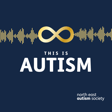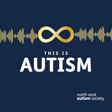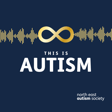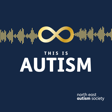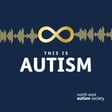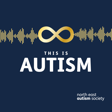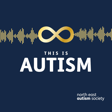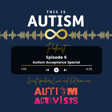
13. Autistic young people understanding their identity
In this episode, Kerrie Highcock, Family Development Manager at the North East Autism Society, is joined by Nic King—an autistic trainer, consultant, and founder of PANDAS Online. Nic is also a parent to two neurodivergent children and brings both lived and professional experience to today’s conversation.
Together, they explore what it means for autistic young people to understand and embrace their identity. From discussing the importance of a positive autistic identity to when—and how—families might share an autism diagnosis, Nic offers thoughtful, compassionate insights rooted in authenticity and empowerment.
Topics covered include:
· What is a positive autistic identity?
· Is there a “right” or “wrong” time to share a diagnosis?
· How can families approach these conversations?
· The story behind Neurobears—and why pandas?
· Why a strengths-based model matters
· Agency, autonomy, and future plans
